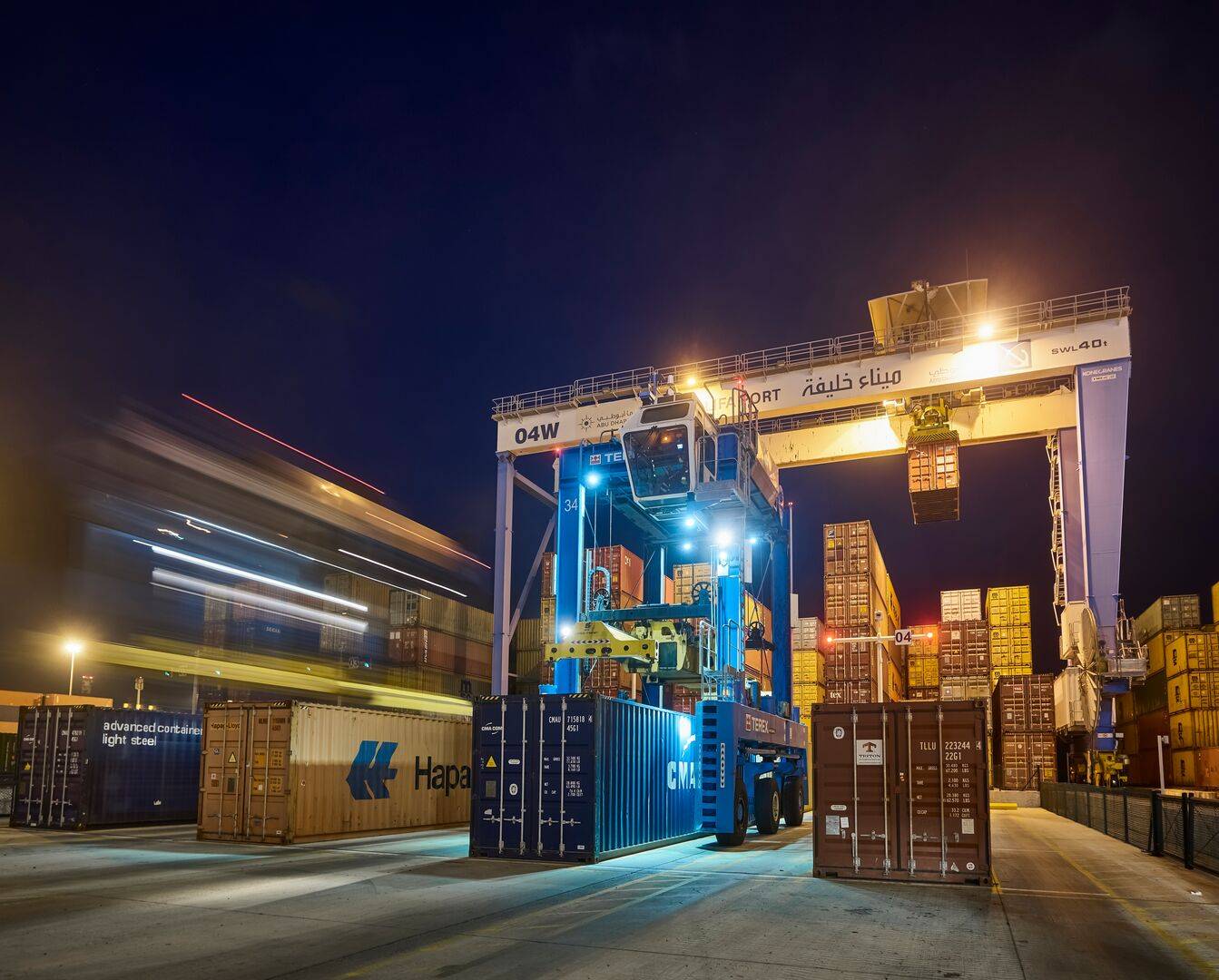The competition for shipping container traffic is becoming more intense due to new trade agreements, shifting alliances, geopolitical tensions, supply chain challenges, and the rising economic influence of the Global South, all of which are altering long-established maritime routes.
Amid these changes, many ports have successfully navigated turbulent times by embracing emerging technologies to digitalize their operations, transforming into what is now called smart ports.
The AD Ports Group, a leading player in global trade, logistics, and industry, provides an insightful case study on the effective implementation of digitalization in its white paper, “Digitalisation for Enhanced Efficiency: Leveraging Data for Smart Ports.”
“When applied to ports, big data and digital-twin technology are set to transform a wide range of operations. This technology can store different streams of information from ports, logistics, sensors and positioning networks; and process that information in real-time, which allows ports to create multidimensional models that help optimise port supply chains, reducing delays and congestion at the facilities and increasing the efficiency of the different stakeholders involved,” stated Noura Al Dhaheri, CEO of Digital Cluster & Maqta Gateway, AD Ports Group.
This document is valuable for understanding how digital transformation is reshaping the maritime sector and its vital role in improving global trade efficiency.
The white paper offers a comprehensive analysis of how digital technologies are revolutionizing port operations, detailing strategic approaches to harnessing data for enhanced operational efficiency, sustainability, and competitiveness.
It also explores the successes and challenges of digitalization in ports across Asia, Africa, and South America—regions that have made significant strides in port technology.
The paper emphasizes how integrating advanced technologies and data-driven strategies has been pivotal in modernizing traditional port operations to meet contemporary demands.
The Group’s experts critically address prevalent challenges such as software incompatibility, cybersecurity threats, and resistance to change within the industry. They also provide an analysis of new regulations and legislation, including the mandatory introduction of Maritime Single Windows (MSWs) in early 2024, and their global impact on port operations.
The white paper, titled “Digitalisation for Enhanced Efficiency: Leveraging Data for Smart Ports,” is available for download on the AD Ports Group website, offering stakeholders in-depth insights into the future of smart port operations.
“Undoubtedly, digitalisation increases productivity in port management and operations processes, making us more competitive. Port customers and stakeholders value the following: greater transparency, reliability, greater operational efficiency and productivity. All this cannot be achieved without digitalisation,” stated Ammar Mubarak Al Shaiba, CEO – of Maritime & Shipping Cluster, AD Ports Group.

